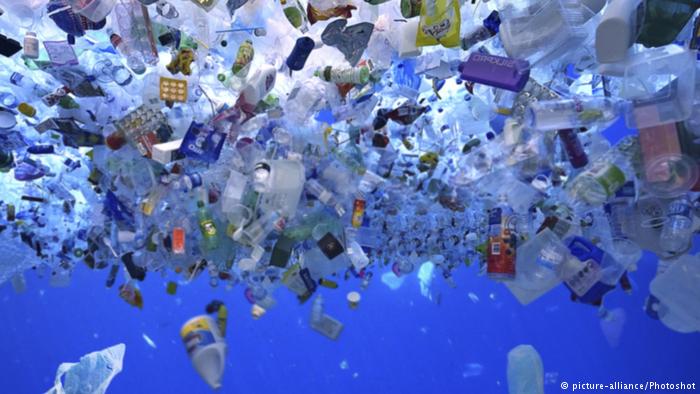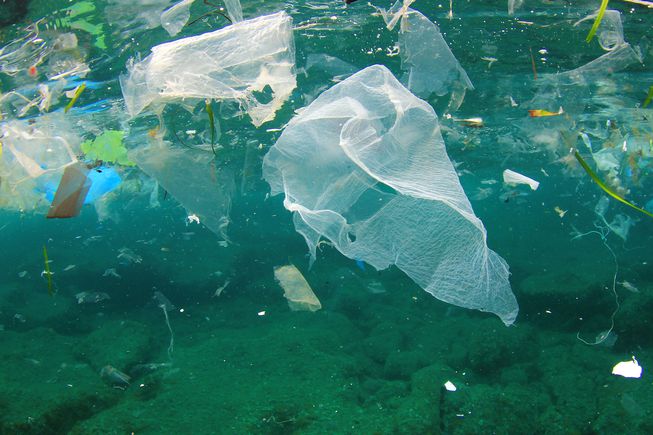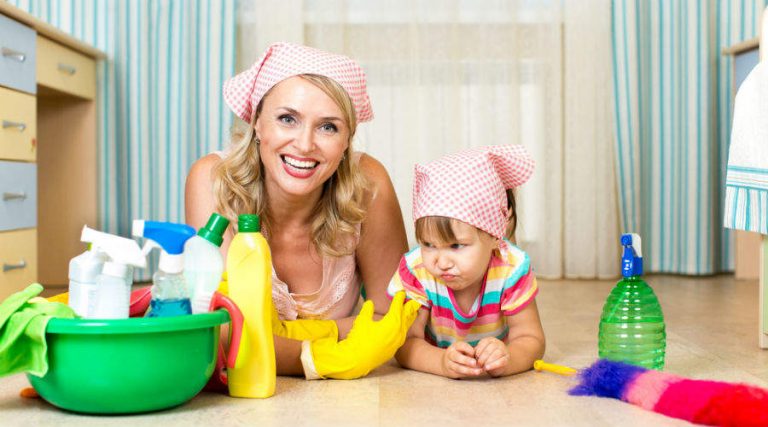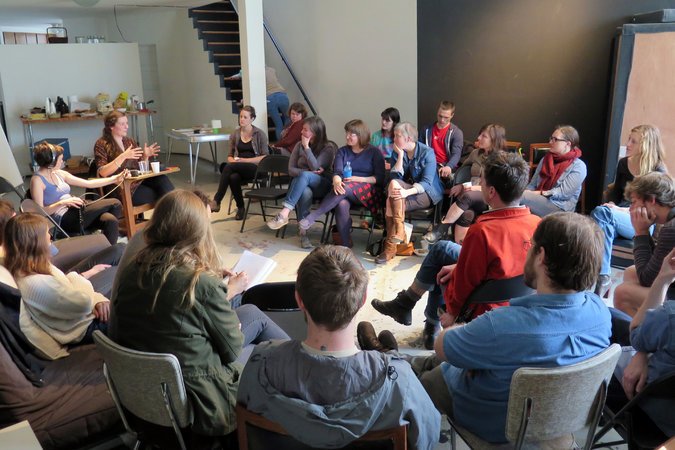Thousands of #StopTheBans supporters – fueled by fury over a string of state laws aimed at restricting access to abortions – rallied Tuesday across the nation in a powerful statement for abortion rights. The ACLU and NARAL Pro-Choice America were among the sponsors of the national day of action, featuring more than 450 events in all 50 states. “Politicians, take notice: If you come for our reproductive freedom, you’ll have to get through ALL of us,” the ACLU said in a statement. Alabama, Georgia, Kentucky, Ohio and Mississippi recently approved legislation that would restrict access to abortions in their states. Kentucky and Missouri are among states considering action. Abortion foes are hoping that the Supreme Court, with the addition of conservative justices appointed by President Donald Trump, will back the measures and reverse or weaken the court’s landmark Roe v. Wade ruling. Protesters march to the Alabama Capitol to protest a bill to ban abortion that passed last week , Sunday, May 19, 2019, in Montgomery, Ala. (Photo: Butch Dill, AP) Hundreds of protesters packed the high court’s steps in the nation’s capital Tuesday, toting signs that vowed to “protect safe, legal abortion” and putting lawmakers on notice their voices would be heard. “We are not going to allow them to move our country backward,” U.S. Sen. Amy Klobuchar, D-Minn, told the […]
Continue reading... →The quest to keep plastic out of landfills and simultaneously satisfy the needs of the food industry is filled with obstacles. The quest to keep plastic out of landfills and simultaneously satisfy the needs of the food industry is filled with obstacles. A biodegradable replacement for petroleum-based products has to meet all sorts of standards and, so far, attempts at viable replacements from renewable sources have faced limited success due to processing and economic constraints. Among the obstacles, products to date have been too brittle for food packaging. But new research from The Ohio State University has shown that combining natural rubber with bioplastic in a novel way results in a much stronger replacement for plastic, one that is already capturing the interest of companies looking to shrink their environmental footprints. Almost all plastics – about 90 percent – are petroleum-based and are not biodegradable, a major environmental concern. Source: Ohio State University Women of Green is TURNING UP THE VOLUME of the feminine voice on the planet in order to create the world we know is possible
Continue reading... →The beauty and cosmetics industry is one of the biggest in the county. By 2023, it is expected to reach more than $805 billion. Such a big industry is constantly in the eyes of consumers, and those consumers are starting to demand more transparency from their beauty products.
Continue reading... →Floating trash collector will try to scoop up the Great Pacific Garbage Patch
Continue reading... →Women who regularly used household or industrial cleaning products for 20 years had as much lung damage as if they’d smoked a pack a day over the same period, a new European study finds.
Scientists at Norway’s University of Bergen tracked 6,000 people’s use of cleaning products for over two decades.
Women who used who frequently used cleaning products had a significant difference in lung function from women who did not. The difference was less significant in men. It’s unclear why.
Continue reading... →Add this to the list of decisions affected by climate change: Should I have children?
It is not an easy time for people to feel hopeful, with the effects of globalwarming no longer theoretical, projections becoming more dire and governmental action lagging. And while few, if any, studies have examined how large a role climate change plays in people’s childbearing decisions, it loomed large in interviews with more than a dozen people ages 18 to 43.
A 32-year-old who always thought she would have children can no longer justify it to herself. A Mormon has bucked the expectations of her religion by resolving to adopt rather than give birth. An Ohio woman had her first child after an unplanned pregnancy — and then had a second because she did not want her daughter to face an environmental collapse alone.
Continue reading... →A recent study from the University of Exeter has found traces of bisphenol A (BPA) in 86 percent of teenagers. This is concerning, since BPA is a known hormone-disrupting chemical that imitates female sex hormones and has been linked to breast and prostate cancers, as well as low sperm counts and sperm disfigurements in men.
Despite its bad reputation, BPA continues to be used in many plastic containers, water bottles, food cans, dental floss, and heat-resistant papers, which means that humans come into contact with it frequently.
This particular study set out to see if it was possible to reduce one’s BPA level by altering dietary choices. It was designed to be a ‘real-world setting’, unlike prior studies that have focused on families and related individuals, who likely share sources of BPA, and participated in strict dietary interventions that are not realistically sustainable.
Continue reading... →Yogurt has been around for decades, but with the advent of trendy new yogurts like Greek yogurt and skyr, the food has recently returned to the spotlight. It’s touted as a healthy snack that promises everything from a flatter stomach to better digestion. But just how healthy is yogurt, really?
With dozens and dozens of varieties to try — some of which contain as many ingredients — it’s hard to sort out the healthy and the not-so-healthy. Here are four things to keep in mind when choosing your yogurt.
Continue reading... →Burnout: It’s a term you recognize from drifting through the last dregs of high school and college. That feeling somewhere between sleeplessness and fatigue, between stress and despair. The feeling that makes you stay in bed instead of going to class, that makes you waste your time even as other obligations are piling up. The problem, as we millennials are starting to learn, is that it doesn’t end after graduation. Burnout exists — and may even get worse — when you finally enter the workforce.
Continue reading... →Natural disasters have a nasty habit of compounding previous, semi-manageable problems. We saw this with the Fukushima nuclear meltdown in Japan following a massive tsunami. Now we’re seeing it again, this time with Hurricane Maria in Puerto Rico. On top of food and medical shortages, experts are worried about several environmental issues exacerbated by the storm. While many of these issues — from poor industrial quality control to a general lack of clean, contained drinking water — already plagued Puerto Rico, the devastation of Maria has complicated matters. In many cases, it has made them a great deal worse.
Continue reading... →








